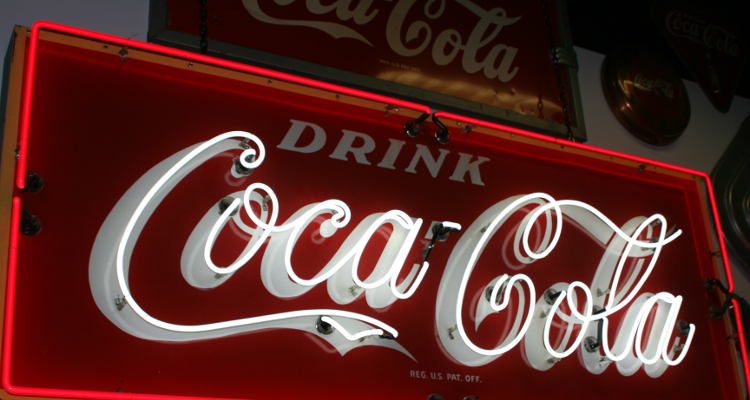
A small dispute of statistics has reached the pages of the medical journal, The Lancet, as UK experts trade criticism and rebuttal over the idea of a tax on high-calorie, sugary soft drinks.
On the one hand, this is the sort of debate that is common when dealing with public policy. On the other, it is fun to see academic-types duke it out.
What the Fuss Is About
- The UK Institute for Fiscal Studies (IFS) released its annual Green Budget in February, 2016. The Green Budget is a sort of informational guidance document to help the government plan its budget for the next year
- The Green Budget brought up the possibility of a tax on sugary drinks. It pointed out that, while a good first step towards trying to deal with obesity and other health issues, there are complexities that make it hard to tell what the exact benefit would be and that any tax plan would require careful consideration
- Specifically, the Budget mentioned possible complicating factors like consumers switching to untaxed but still-unhealthy foods (like chocolate or pastries) which could counteract some or all of the health gains from reduced sugary drink consumption, and businesses raising the price on diet drinks in response to higher demand
- In March, a critique was published in The Lancet that accused the ISF of ignoring evidence from other countries which showed such taxes did reduce sugary drink consumption and that evidence exists showing diet drinks would not see a price increase
In other words, the critique is saying the ISF ignored sound evidence showing a tax on sugary drinks can be effective in favor of generic economic theory.
The ISF Reply
The ISF recently issued a reply to the critique, again in The Lancet.
- The ISF inferred from the criticism that the Green Budget was being accused of taking a side in the sugar tax debate and maintains that the Budget was written without expressing support or opposition
- The ISF reiterates that the Green Budget only attempted to illustrate the complexities a sugar tax could face
- While the ISF acknowledges the evidence that a sugar tax in other countries shows a decrease in sugary drink sales (it calls the finding “unsurprising), it takes issue with how the criticism dismisses possible unintended effects
- Evidence is cited showing taxes that reduce soft-drink consumption in the US results in more consumption of other high-calorie drinks, along with other evidence saying soft drink taxes lead to higher sodium and fat intakes
- With regards to the diet drink price issue, the ISF says that some of the critic’s own studies point out how complex such estimations of these effects can be and says those behind the critique have oversimplified the matter
Translation: the ISF said it never took a position, that the critics ignored some of the complexities in one of their own sources, and that the Green Budget was only trying to point out possibilities. The ISF fully acknowledged other potential results of a sugary drink tax as being possible and noted evidence from France saying it could end up causing diet drinks to go down in price.
Bottom Line
I read the Green Budget and it does look like no stance on a sugar tax (for or against) is being made, but people more invested in the “support side” could read it through a lens that suggests opposition. What the ultimate takeaway from this little exchange should be is that the evidence of a net benefit from a tax on sugary drinks is still unclear depending on which country you are looking at and that there shouldn’t be any harm in simply pointing out that potential unintended consequences need to be looked at in policy decisions.
Source:
Emmerson, C., et. al., “IFS Green Budget 2016,” Institute for Fiscal Studies web site, February 8, 2016; http://www.ifs.org.uk/publications/8129, last accessed May 6, 2016.













